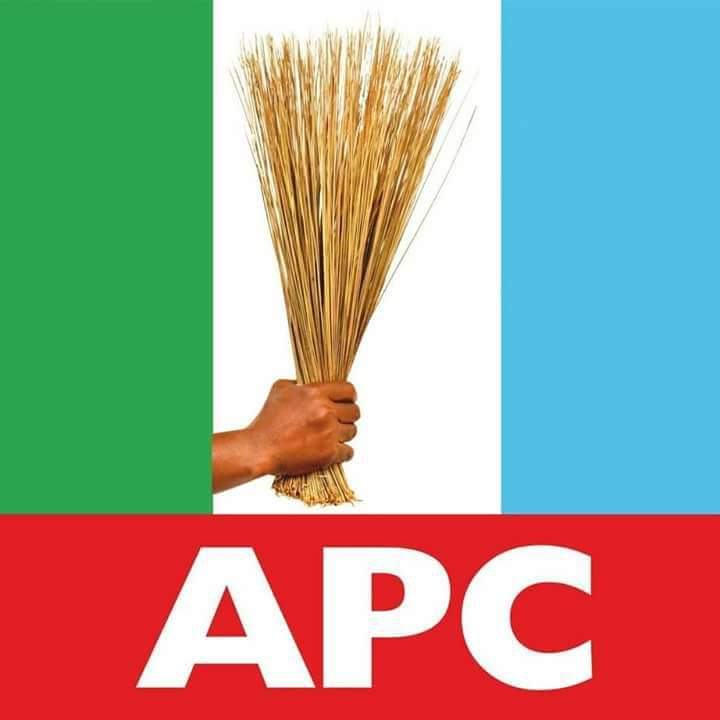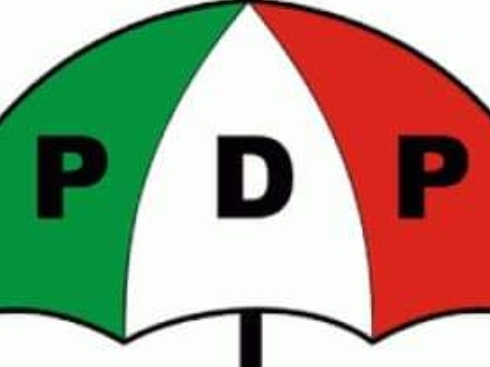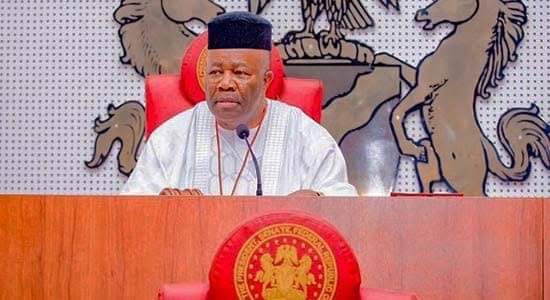Tinubu To Tribunal : Nullifying My Presidential Election Could Lead To Anarchy
President Bola Tinubu has warned that nullifying the February 25 election that produced him as president, on account of the fact that he did not score 25% of the lawful votes cast during the election in the Federal Capital Territory (FCT) could “lead to absurdity, chaos, anarchy and alteration of the very intention of the legislature.
Besides, Tinubu told the Presidential Election Petition Court (PEPC) that the two petitions filed by candidates of the Labour Party (LP), Mr. Peter Obi and his counterpart of the People’s Democratic Party (PDP), Atiku Abubakar, seeking the nullification of his victory at the February 25, presidential election are not only novel but not familiar with the country’s electoral laws.
Tinubu’s submissions were contained in his final written address against the two petitions pending at the PREPEC. The five-member panel had on July 5, given the respondents in the two separate petitions 10 days to file their written address, while the petitioners were given seven days to reply.
The panel led by Justice Haruna Tsammani gave the order shortly after, Tinubu, Shettima and the All Progressive Congress (APC) closed their defence in the two petitions as it would be recalled that the Independent National Eelctoral Commission had closed its case a day earlier.
Both Atiku and Obi, alongside their respective parties, had dragged INEC before the PEPC for declaring Tinubu and the APC winner of the presidential election. Amongst the reliefs they seek is the nullification of Tinubu’s election on the grounds that INEC did not substantially comply with the guidelines and regulations for the conduct of the 2023 general elections and relevant electoral laws. INEC’s Chairman, Professor Mahmood Yakubu, had on March 1, returned Tinubu as the winner of the February 25 elections with 8,794,726 votes while Atiku Abubakar and Peter Obi of were said to have scored 6,984,520 votes and 6,101,533 votes, respectively.
Besides faulting the figures which they claimed were incorrect because the collation of results was still ongoing when Mahmood returned Tinubu as the winner, the petitioners also claimed that Tinubu cannot be said to have won the election having not scored 25% of the lawful votes cast in the Federal Capital Territory (FCT). Besides, the two petitioners argued that Tinubu ought not to be on the ballot because of an alleged United States District Court judgment that ordered his forfeiture of 460,000 US dollars suspected to be proceeds of drug trafficking. Another ground they are seeking his disqualification regards the alleged double nomination of Shettima, who according to them was already a senatorial candidate for the APC in the Borno Central senatorial district election conducted the same day and time with the presidential poll. While Atiku before closing his petition called 27 witnesses including INEC’S Presiding Officers and experts, Obi on the other hand called in 13 and tendered a plethora of documents including over 18,000 blurred results sheets on which INEC based its declaration of Tinubu as the winner. Although, INEC, Tinubu, and the APC had interrogated the validity of the witnesses and documents to the petitions and asked the court to discountenance them, however, Tinubu, Shettima, and the APC in the individual written final address have asked the court to dismiss the two petitions because the grounds upon which they are built are not familiar with the country’s electoral laws.
“The petition in issue in this address is very novel in the sense that it is not a petition stricto senso, familiar to our electoral jurisprudence, as the petitioners are not, this time around, complaining about election rigging, ballot box snatching, ballot box stuffing, violence, thuggery, vote buying, voters’ intimidation, disenfranchisement, interference by the military or the police, and such other electoral vices.
“The crux of their grouse this time around is that while the presidential election was peacefully conducted all over the country (as corroborated by their primary witnesses) and the results accurately recorded in the various Form EC8As, some unidentified results were not uploaded electronically to the INEC Election Result Viewing (IREV) Portal.
“The other remote contention of the petitioners is that the 2nd respondent did not score 25% (or one-quarter) of the votes recorded in the Federal Capital Territory, Abuja (FCT); while the petitioners have also alluded to the respondent’s non-qualification, without any fact known to law”, Chief Wole Olanipekun, SAN, counsel to Tinubu had pointed out in the final address dated July 14.
Both Atiku and Obi claimed INEC breached Section 134 of the Constitution when he announced Tinubu who did not score up to 25% of votes cast in the FCT in line with the law. Section 134(2)(b) of the Constitution provides that:“A candidate for an election to the office of President shall be deemed to have been duly elected where there being more than two candidates for the election- (a) he has the highest number of votes cast at the election; and (b) he has not less than one-quarter of the votes cast at the election each of at least two-thirds of all the States in the Federation and the Federal Capital Territory, Abuja.”
According to the INEC results Tinubu was only able to garner 19% of votes in the FCT. He, however, argued that it was erroneous for the petitioners to call for the nullification of the entire election based on the FCT results.
“While we have premised this issue on the combined reading of sections 134 and 299 of the Constitution, and section 66 of the Electoral Act, in the course of our arguments … t is apt to submit right from get-go that election is about votes and voters, and when votes and voters are mentioned in any part of the world, there is no superiority of votes or voters as all votes and voters are equal”, adding that there is no superiority between the votes from voters secured in either Lagos or Kano, which are the most populous States and Bayelsa, Ebonyi and Ekiti, which are the least populous States. Olanipekun further argued that, while Section 3(1) of the Constitution specifically lists the 36 States by their respective names, the sidenote reads thus: “States of the Federation and the Federal Capital Territory, Abuja.” Section 299, for ease of reference and clarity, provides thus: “The provisions of this Constitution shall apply to the Federal Capital Territory, Abuja as if it were one of the States of the Federation…” The phrase ‘as if’ has been defined in Corpus Juris Secundum, page 298 as connoting “in the same manner and to the same extent.”
“May we draw the attention of the court to the fact that there is no punctuation (comma) in the entire section 134(2)(b) of the Constitution, particularly, immediately after the ‘States’ and the succeeding ‘and’ connecting the Federal Capital Territory with the States. In essence, the reading of the subsection has to be conjunctive and not disjunctive, as the Constitution clearly makes it so. Pressed further, by this constitutional imperative, the Federal Capital Territory, Abuja, is taken ‘as if’ it is the 37th State, under and by virtue of section 299 of the Constitution.
“With much respect, any other interpretation different from this will lead to absurdity, chaos, anarchy and alteration of the very intention of the legislature. Our courts have always adopted the purposeful approach to the interpretation of our Constitution, as exemplified in a host of decisions, including but not limited to Nafiu Rabiu v. State (1980) 12 NSCC 291 at 300-301, Marwa v Nyako (2012) 6 NWLR (Pt. 1296) 199, 306 – 307, ADH Limited v AT Limited (2006) 10 NWLR (Pt. 986) 635, 649, Awolowo v. Shagari (supra)…. ”
(THISDAY)












































